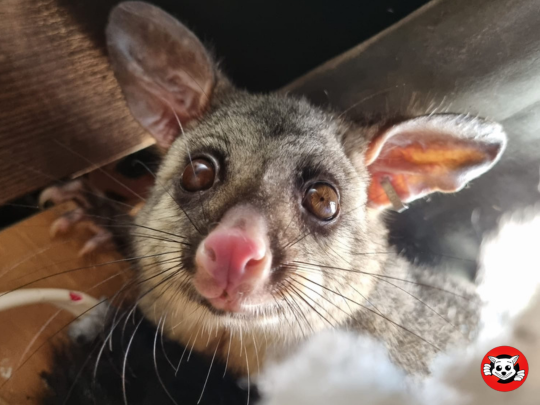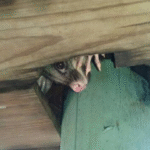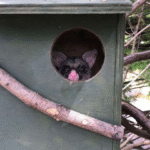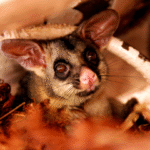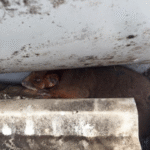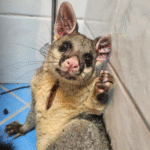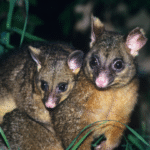Understanding Wildlife Laws and Possum Management
Australia’s rich biodiversity is a treasure trove of unique species, including the often misunderstood possum. While they may be seen as nuisances due to their habits of nesting in roofs or munching on garden greens, possums are indeed protected by law in Australia. This legal protection highlights the delicate balance between safeguarding our wildlife and managing the challenges they can pose in urban environments.
For those grappling with possum-related issues, services like Possum Removal Canberra offer a resource for addressing these concerns legally and humanely, especially within the Australian Capital Territory (ACT).
The Ecological Role of Possums in Australia
Possums, with their furry bodies and large, bright eyes, are more than just an adorable sight. They play a vital role in Australia’s ecosystems. These creatures are found in various habitats across the country, from lush forests to suburban backyards.
As part of the ecological fabric, possums contribute to the propagation and maintenance of plant life. They are prolific eaters whose diet includes a range of leaves, fruits, and flowers. As they move from tree to tree, they inadvertently aid in seed dispersal, helping to spread and grow various plant species.
Possums also play a role in keeping certain plant populations in check. Their feeding patterns can prevent overgrowth of particular plant species, contributing to the overall balance of their ecosystems.
However, when possum populations become uncontrolled, they can pose challenges for homeowners, gnawing through roofs and causing damage. Despite this, their ecological significance and their status as native Australian wildlife mean that they are legally protected.
Threats to Possum Populations
While often seen as robust and adaptable, possums face various threats that have put their populations at risk. The increase in urbanisation has led to significant habitat loss for these creatures. As cities and towns expand, the natural environments in which possums thrive are increasingly replaced by concrete and buildings.
Furthermore, changes in climate patterns, including more frequent bushfires and extended periods of drought, have disrupted the habitats of possums. This has affected their food supply and made them more vulnerable to predators and diseases.
These factors have a ripple effect on the overall health of Australian ecosystems. With possums playing a key role in seed dispersal and controlling plant population, any threat to their survival indirectly affects the balance of our natural environments.
Possums and Urban Areas
As urban areas increasingly encroach on natural habitats, possums have found ways to adapt, sometimes leading to conflicts with humans. One of the most common issues is possums taking up residence in roofs, where they can cause noise disturbances and structural damage.
Additionally, possums are known to frequent gardens, often leading to the destruction of plants and vegetables. Although they primarily seek food and shelter, their presence can be a source of frustration for homeowners.
However, it’s important to remember that these creatures are not inherently aggressive and pose little threat to humans. As such, any pest control or removal should be done humanely, respecting the possums’ right to life and their crucial role in our ecosystem.
Possum Removal and Pest Control in the ACT
In the Australian Capital Territory (ACT), the possum removal and pest control process is governed by strict legal guidelines, as outlined in the Nature Conservation Act 2014. This vital legislation safeguards possums and other wildlife, making it illegal to harm or interfere with these creatures without obtaining the appropriate licence.
The importance of adhering to these laws is paramount. It’s not just about addressing the immediate inconvenience posed by possums; there’s a broader, more significant environmental perspective to consider. These laws are in place to protect our unique Australian wildlife, ensuring that they continue to thrive and contribute to the rich biodiversity that makes our environment so special.
Choosing professional services for possum removal isn’t just a practical decision; it’s ethical. Homeowners who opt for licensed professionals can rest assured they’re finding a solution to their possum problem and playing a crucial role in preserving Australia’s distinctive biodiversity. Professionals are trained to handle possums to minimise stress and harm to the animal, ensuring their safe removal and relocation.
Balancing Possum Protection and Human Coexistence
Coexisting with possums while protecting your property can seem daunting, but it doesn’t have to be. Regular garden maintenance is one effective strategy. This involves promptly cleaning up fallen fruits or vegetables that may attract possums. Removing these potential food sources can discourage possums from frequenting your property.
Another measure is the use of natural deterrents. Possums are known to be repelled by certain smells, such as mothballs or garlic. Sprinkling these around your yard can help keep possums at bay without causing them harm.
Proper waste management is also crucial. Possums are often drawn to garbage bins in search of food. Securing your bins can prevent possums from scavenging and being lured into your property.
Securing potential entry points in your home can deter possums. These creatures can squeeze through surprisingly small holes and gaps. By identifying and blocking these potential entryways, you can prevent possums from making themselves home on your property.
Conclusion:
Although possums can sometimes pose challenges for homeowners, they play an integral role in Australia’s ecosystem. Using legal and humane methods, it’s important to approach possum pest control with respect and kindness.
By implementing the above strategies, homeowners can strike a balance between protecting their property and preserving the well-being of possums. For professional assistance, visit Possum Busters.

